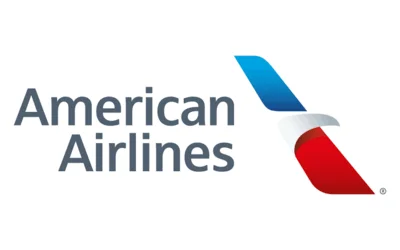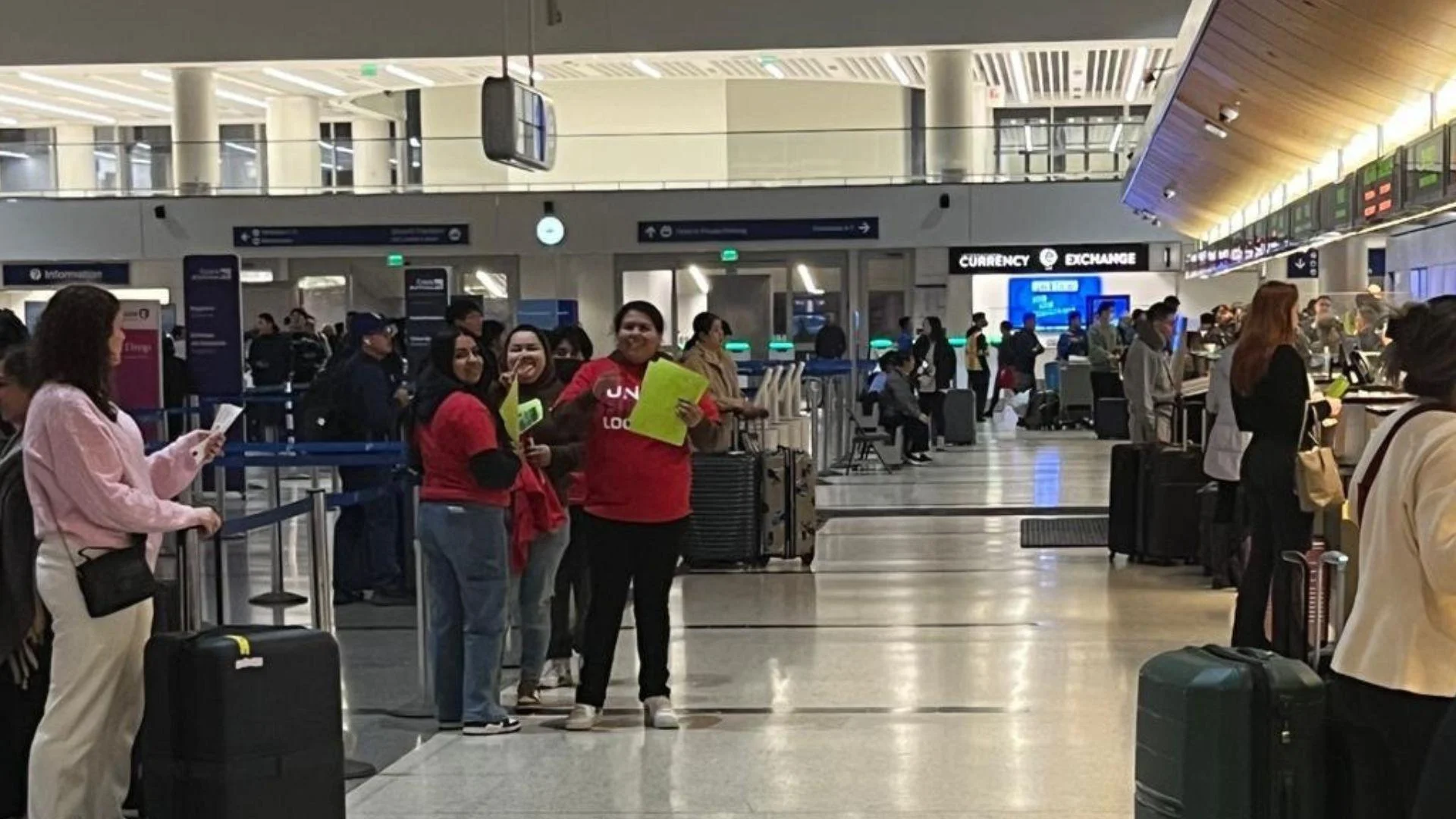Boeing's decision to build the 777 with two engines, rather than four, was shaped by advances in engine technology and changes in international safety regulations. In the decades prior to the 1990s, most long-haul flights were operated by tri-jets and quadjets due to restrictions that limited how far twin-engine aircraft could fly from a diversion airport. This changed with the introduction of Extended-range Twin-engine Operation Performance Standards (ETOPS), which allowed twin-engine jets to operate routes previously reserved for aircraft with more engines.
The Boeing 767 demonstrated that ETOPS-certified twinjets could safely handle long-distance flights. The success of this model encouraged Boeing to design the 777 specifically for ETOPS operations, focusing on reliability and safety over extended routes. As a result, when the 777 entered service in June 1995, it became one of the first widebody jets designed from the outset for long-haul ETOPS missions.
ETOPS regulations evolved through the late 1980s and early 2000s. Initially introduced in 1985 as ETOPS-120, these rules allowed two-engine aircraft to fly up to 120 minutes from an alternate airport; later expansions increased this limit further. By February 2007, updated rules permitted even longer diversions—up to 330 minutes for some models—enabling airlines to operate nearly any route worldwide with approved twinjets.
 Alerts Sign-up
Alerts Sign-up





































